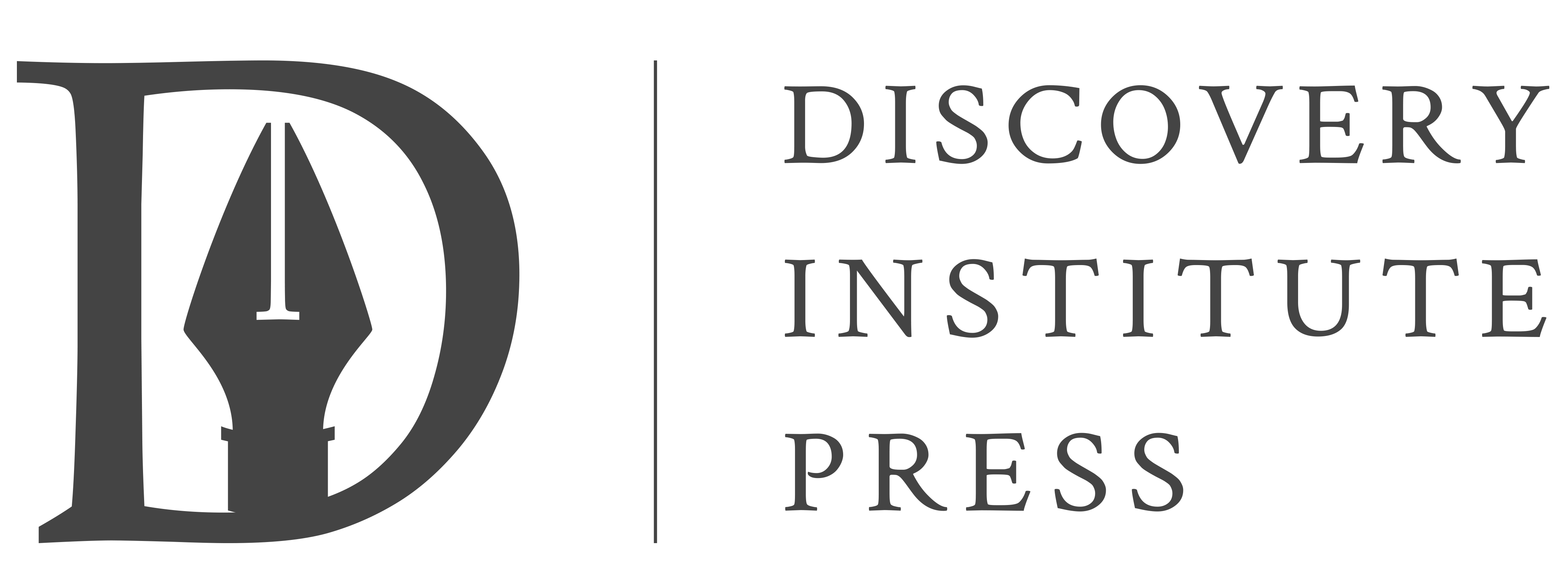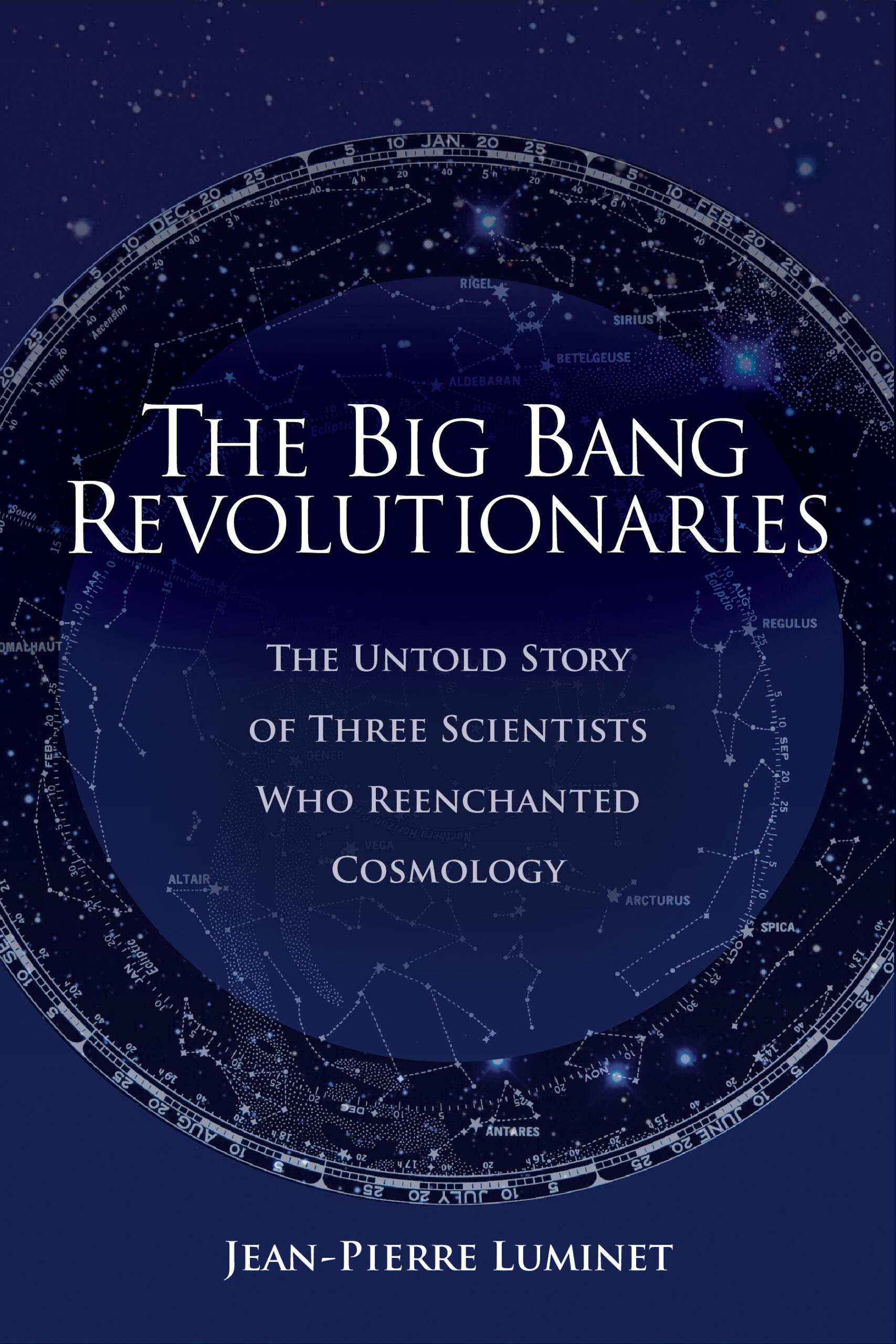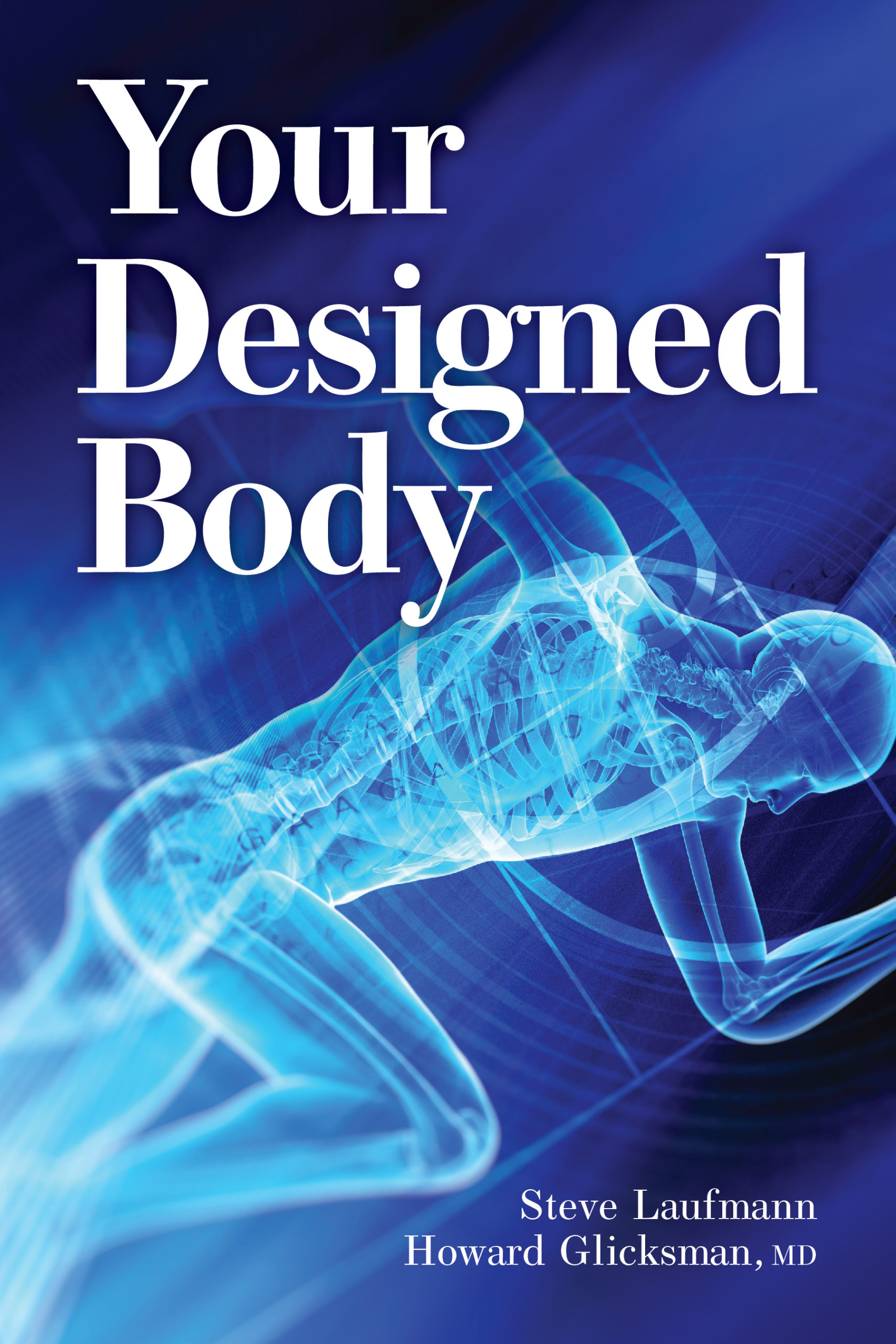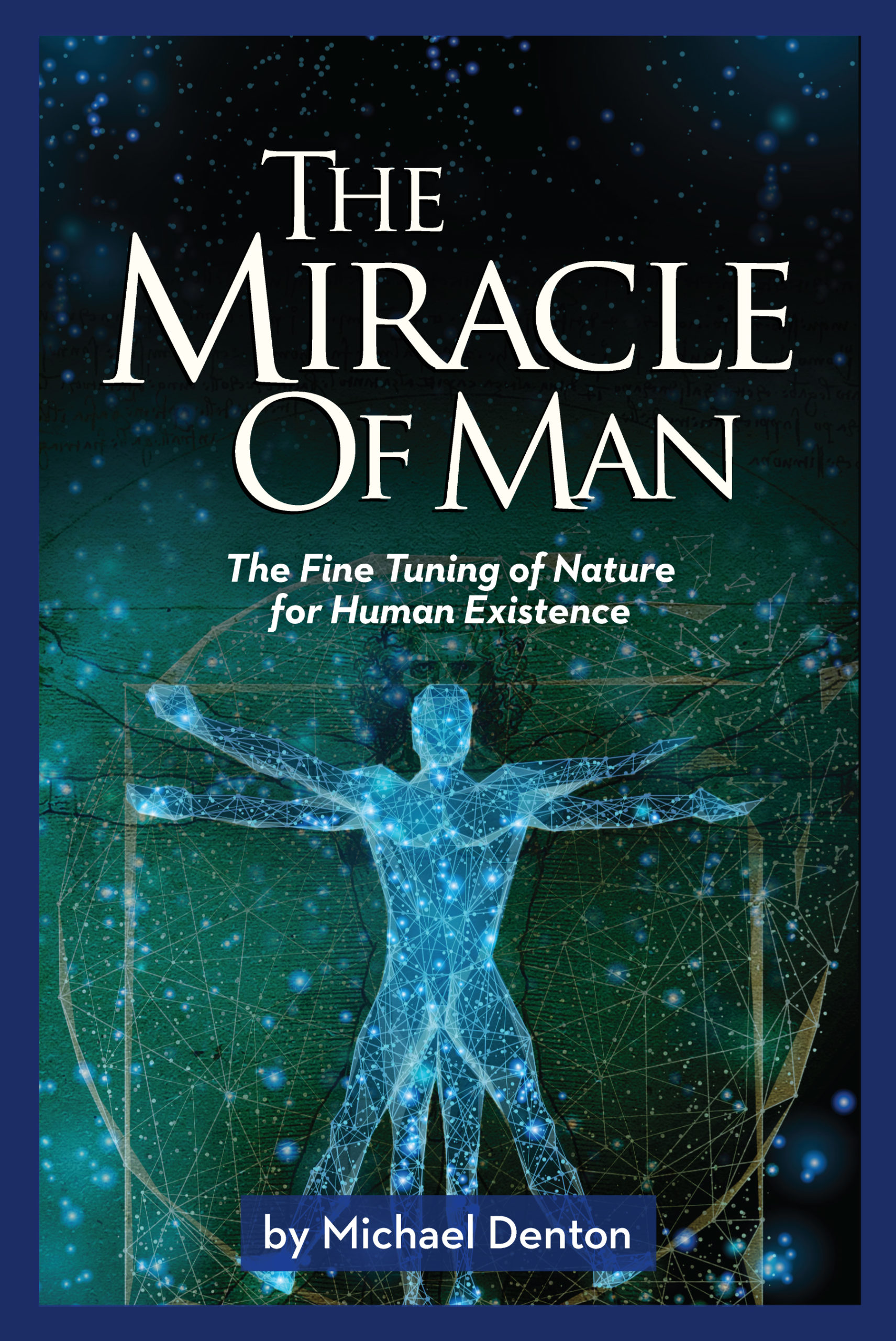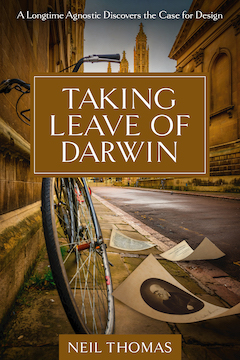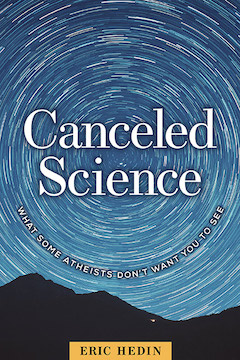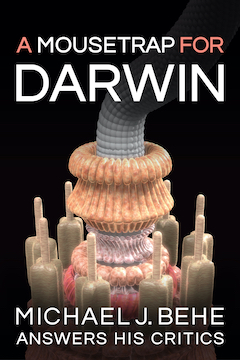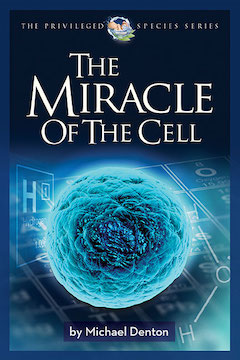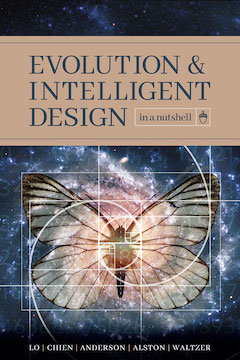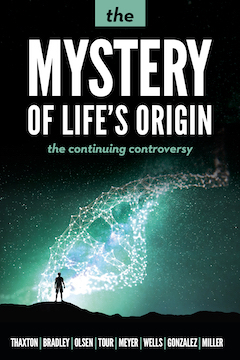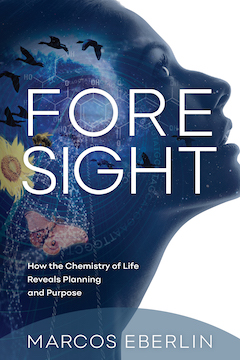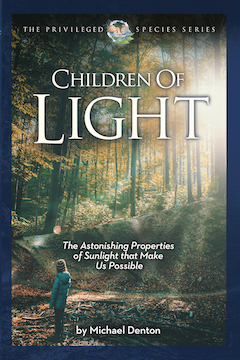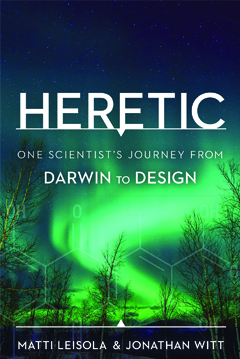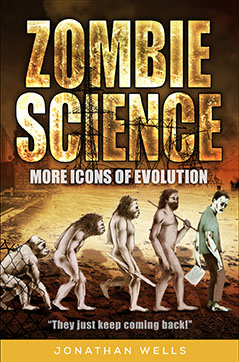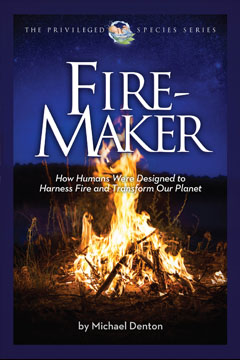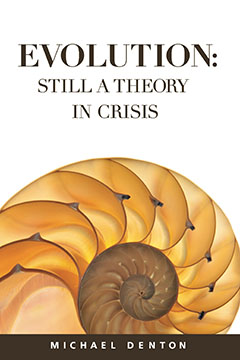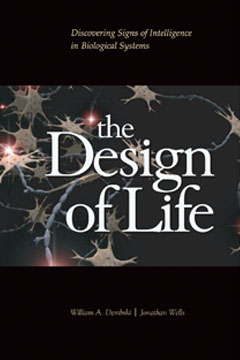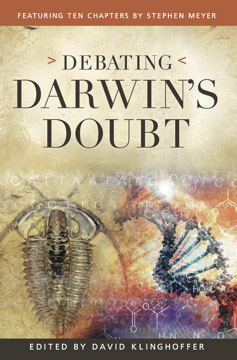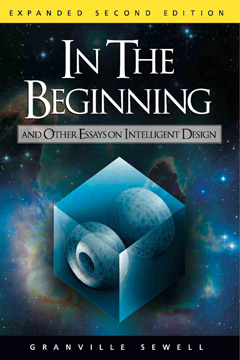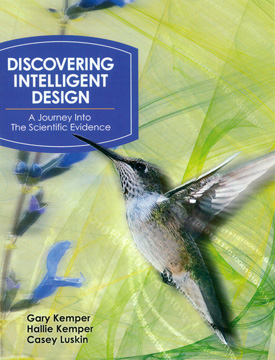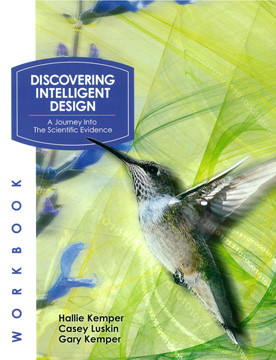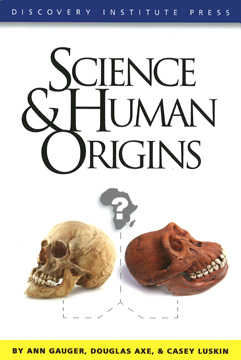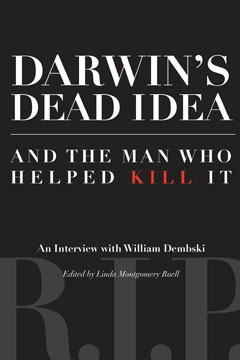Many widely read scientific writers of our day mistakenly attribute the concepts of the expanding universe and the Big Bang to Edwin Hubble and Albert Einstein. Hubble did provide evidence of an expanding universe, but he neither discovered such evidence nor accepted the radical idea that space itself was expanding. As for Einstein, he held out against the idea of an expanding universe for more than a decade, and ceased working in the field as soon as he had to amend his view. The real heroes of the Big Bang revolution are the Russian Alexander Friedmann and Belgian priest Georges Lemaître. That they are virtually unknown to the general public is one thing. That their contribution is underestimated by astrophysicists and cosmologists is another, for the concepts they promulgated are among the most remarkable achievements of twentieth-century science. The Big Bang Revolutionaries amends the record, telling the remarkable story of how these two men, joined by the mischievous George Gamow and in the face of conventional scientific wisdom, offered a compelling view of a singular creation of the universe in what Lemaître termed a “primeval atom.”
ADVANCE PRAISE
This excellent and well-illustrated book convincingly puts into a clear focus the key original contributions of Friedmann and Lemaître in the early twentieth-century revolution in our understanding of the large-scale physical universe.
Roger Penrose, Emeritus Rouse Ball Professor of Mathematics at the Mathematical Institute of the University of Oxford, Emeritus Fellow of Wadham College at Oxford, fellow of the Royal Society, and recipient of the Wolf Prize (1988) and the Nobel Prize in Physics (2020)
The author brings together many aspects of thinking about the large-scale nature of our world from the points of view of concepts, theory, observation, and culture. The account starts with Albert Einstein’s thought that a philosophically satisfactory universe has no boundary, a bold conjecture that proved to fit well with Einstein’s new gravity theory and now agrees with the observational evidence. You will find fascinating details of the evolution of ideas, evidence, and the cultural situation between that time and the early steps by which George Gamow’s brilliant intuition took him to the realization that an even better picture of our universe is that it expanded from a hot dense state.
Jim Peebles, the Albert Einstein Professor in Science, emeritus, Princeton University, and recipient of the 2019 Nobel Prize in Physics
It is rare to find an internationally distinguished astrophysicist who is also a searching and meticulous historian. It is rarer still to find such a person who is also a gifted prose stylist. Jean-Pierre Luminet is such a man. The Big Bang Revolutionaries is invaluable reading for anyone fascinated by the history of the big ideas that have shaped and reshaped Western science and civilization, and for anyone who wants a front row seat to witness the all-too-common character of scientific revolution—messy, full of unexpected twists and turns, and not without its casualties. In the present case and as Luminet dramatically shows, the revolution occurred in the face of sustained prejudice from some of the finest minds in physics and astronomy. As for the wider implications of the Big Bang revolution, Luminet leaves those for the reader to contemplate.
Stephen C. Meyer, Director of the Center for Science and Culture and author of Signature in the Cell, named a Book of the Year by the Times (of London) Literary Supplement, Return of the God Hypothesis, and the New York Times bestseller Darwin’s Doubt
The twentieth century represents an exceptional period in the study of the cosmos. But this century will be remembered above all as the one in which physics, for the first time, made it possible to study the universe and its evolution. Jean-Pierre Luminet, an eminent cosmologist, takes the role of historian in this analysis of the emergence of ideas, and pays tribute to the physicists who contributed to this dizzying scientific adventure.
Michael Mayor, Swiss astrophysicist and professor emeritus at the University of Geneva; a recipient of the Viktor Ambartsumian International Prize (2010), the Kyoto Prize (2015), and the Nobel Prize in Physics (2019)
An inspiring overview of the history and physics of our modern view of the universe by the brilliant scientist Jean-Pierre Luminet, who was first to simulate black hole silhouettes. The reader is introduced to the scientific insights that revolutionized the perception of our cosmic roots and future. A fascinating read!
Abraham (Avi) Loeb, Frank B. Baird Jr. Professor of Science and Director of the Institute for Theory & Computation, Harvard University, and director for the Breakthrough Initiatives of the Breakthrough Prize Foundation
This book is a very careful discussion of the work of three less-known key figures who laid the foundations of modern cosmology—Alexander Friedmann, Georges Lemaître, and George Gamow. It does a great service in detailing the contributions that each of them made to the topic. I particularly appreciate the discussion of the pioneering work and personality of Lemaître, who can justly be called the father of scientific cosmology. With its discussion also of cosmic topology, the book is a unique contribution to the history of cosmology.
George Ellis, emeritus distinguished professor, University of Cape Town, co-author with Stephen Hawking of The Large Scale Structure of Space-Time, former president of the International Society on General Relativity and Gravitation, fellow of the Royal Society, recipient of the Templeton Prize and the Georges Lemaître International Prize
The Big Bang Revolutionaries is one terrific book. And one, I might add, of historical importance inasmuch as it restores to their rightful place two fascinating figures whom the standard history of physics in the twentieth century has shamefully neglected. Lucid? Of course it is lucid. Luminet is a fine astrophysicist. Moving? Very much so, not only for what it says about Friedmann and Lemaître, but for what it reveals about the author’s sensitive intelligence on encountering the story of men whose position of prominence was denied them. It is, all in all, a splendid restoration—something very French, I might add, in that it describes men who should have been monarchs reacquiring their thrones.
David Berlinski, Senior Fellow of the Center for Science and Culture, and author of A Tour of the Calculus, The Advent of the Algorithm, Newton’s Gift, The Devil’s Delusion: Atheism and Its Scientific Pretensions, and Science After Babel
Finally a book that brings the credit of the great cosmological revolution of the twentieth century to where it is properly due: the Russian Alexander Friedmann and the Belgian priest Georges Lemaître.
Carlo Rovelli, founder of the quantum gravity group of the Centre de Physique Théorique (CPT), Aix-Marseille University, and author of the bestselling Seven Brief Lessons on Physics
Big Bang theory has become a popular topic, but who knows the scientists who first proposed the outrageous concept that our entire universe started as an ultra-dense fireball? Theoretical physicist Jean-Pierre Luminet, well-known for his pioneering work on the visualization of black holes, takes the reader through a pedagogical, and historically accurate, tour of the conceptual vistas opened by the inventors of Big Bang theory, namely: the Russian mathematician (and meteorologist) Alexander Friedmann, the Belgian cosmologist (and priest) Georges Lemaître, and, last but not least, the eclectic genius physicist George Gamow. A must-read for any person eager to understand one of the major scientific breakthroughs of twentieth-century physics.
Thibault Damour, Institut des Hautes Études Scientifiques, recipient of the Einstein medal, the Galileo Galilei medal, and the Balzan prize
